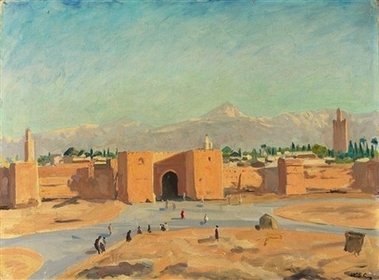Paradox: Limitations Drive Creativity
If I ask you to tell me a story, or to draw me a picture, what’s your first reaction?
If you’re like most people, it’s another question: “About what?”
Few things are as intimidating as a blank sheet of paper. All the hopes, fears, dreams, tragedies, climaxes, and denouements you plan to spill forth in lyrical and dazzling prose … where, oh where, to begin?
That’s one reason prompts are such powerful, proven drivers of writing. Rather than confronting a blank page, a prompt challenges or inspires with something you’ve got to push against or work around.
Engineers often describe themselves as “problem solvers.” They need to make something happen – a building to rise, a bridge to span, a circuit to fire – and they need to do it within the constraints of time, money, physics, the environment, the intended use (or uses) and lifespan of the project, natural disasters, human stupidity, et cetera, ad nauseam.
Engineers – and plenty of brain research – tell us that those constraints actually produce more creative solutions than the same challenges presented with no constraints. Here’s a visual example of what I’m talking about.

I’m a big fan of Winston Churchill. He lived a rich, full life immersed in the most challenging decades of human history – often driving solutions to those challenges, and seeing his predictions and solutions derided by other powerful leaders.
At age 40, after being evicted from an important government post for his responsibility in a military defeat, and at what might most charitably be called “a low point” in his life, Churchill took up painting as a distraction from his circumstances. The story goes that when he first confronted a blank canvas, he was paralyzed. Churchill – one of the greatest minds of the 20th Century – was unable to do anything creative when faced with literally infinite possibilities.
Churchill’s first painting coach (in a very British way, her name was Goonie, and she was married to his brother) took up Churchill’s brush and splashed a stroke of paint across his canvas. The limitations defined by that interruption of blankness – by the simple elimination of infinite alternatives – gave Churchill the inspiration he needed to get on with his creative pursuit.
For the next 40 years, Churchill painted as an outlet, and became as acclaimed as an artist as he was as an author (he earned the Nobel Prize in Literature 1953), orator, and leader. You can see other examples of his work here.
And you can receive daily writing prompts from Prompt Inspiration to splash across your own canvas.


Leave a Reply